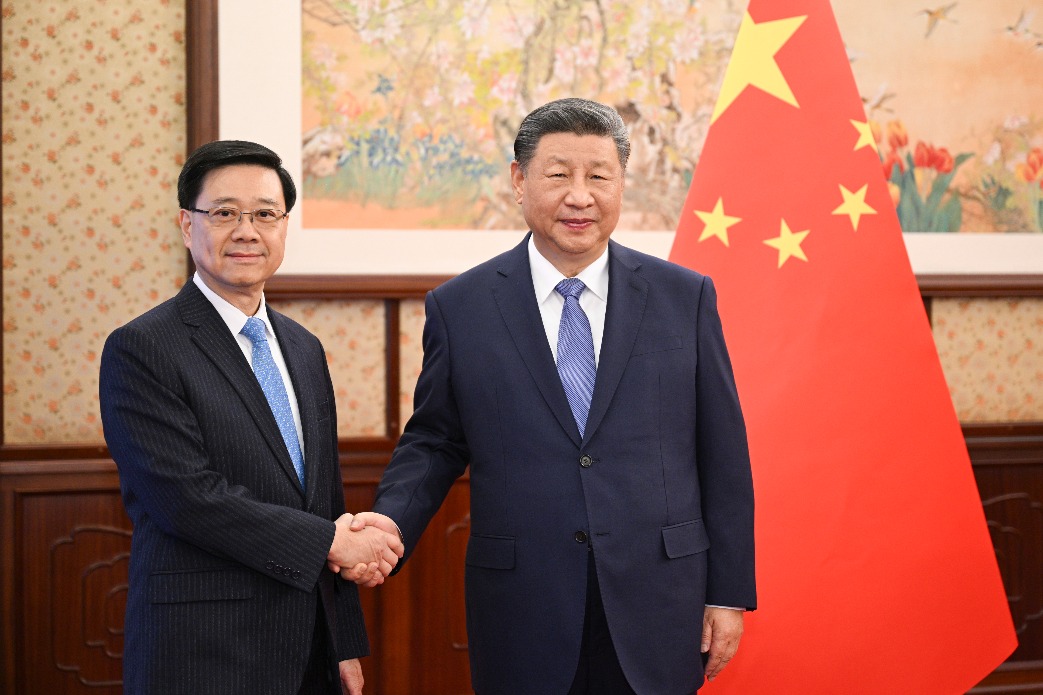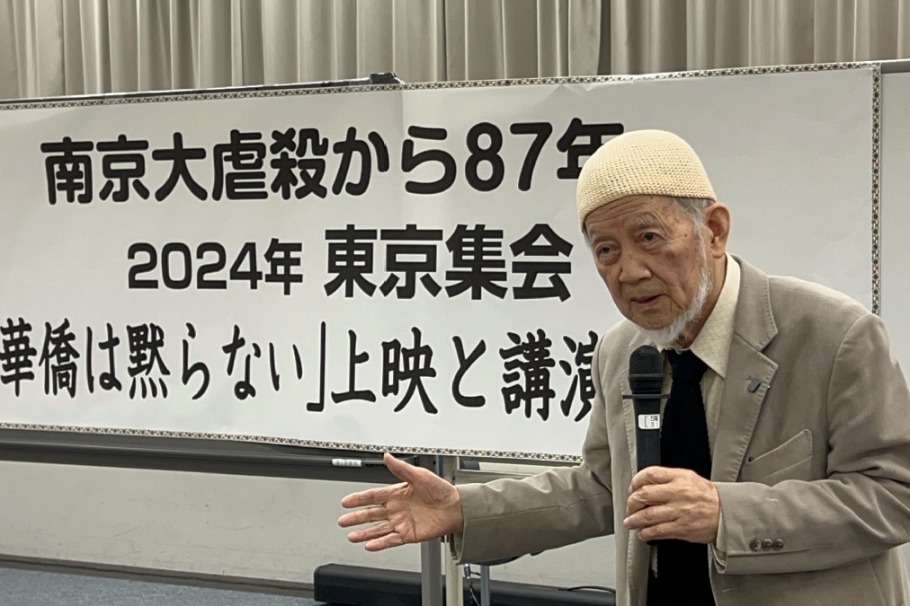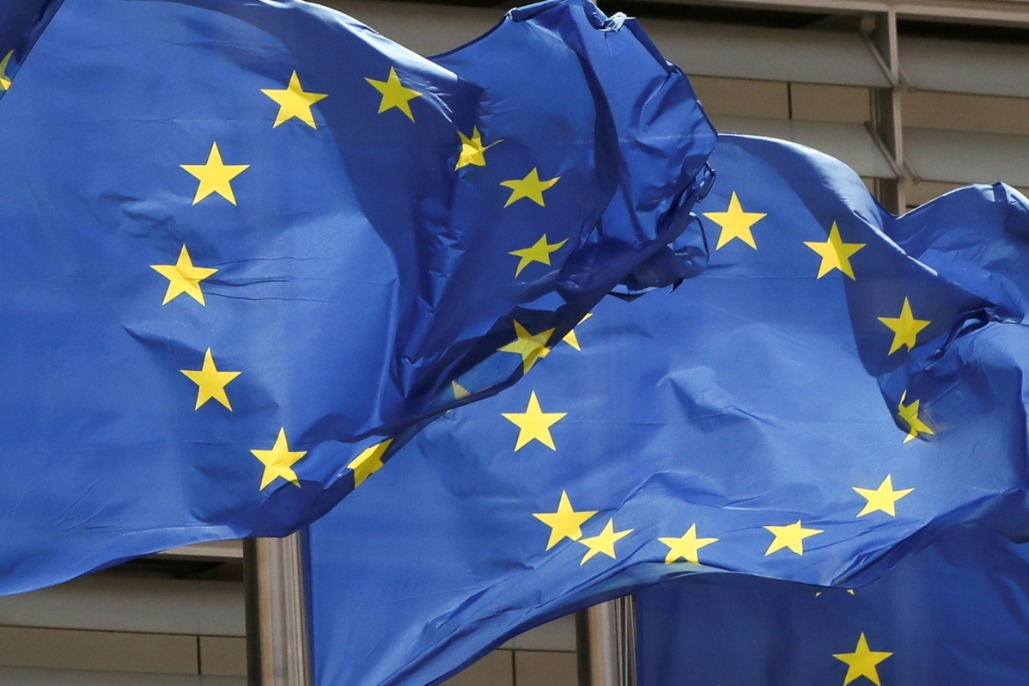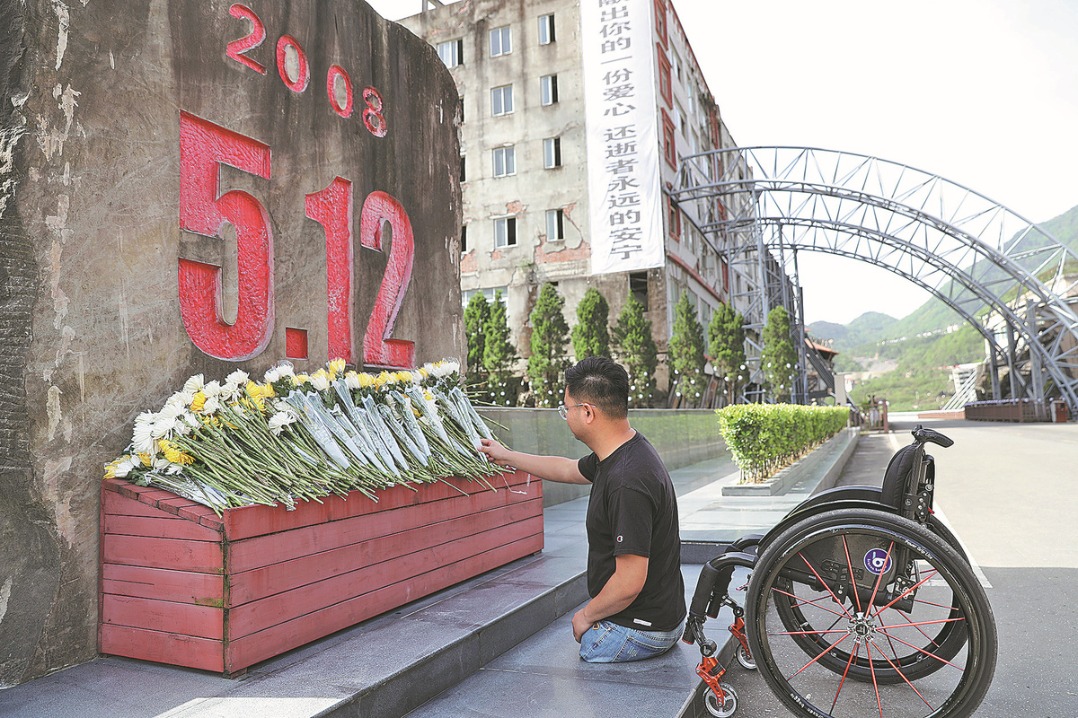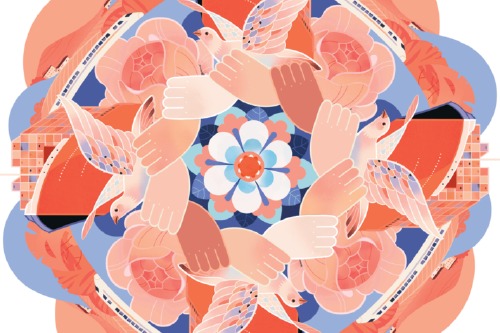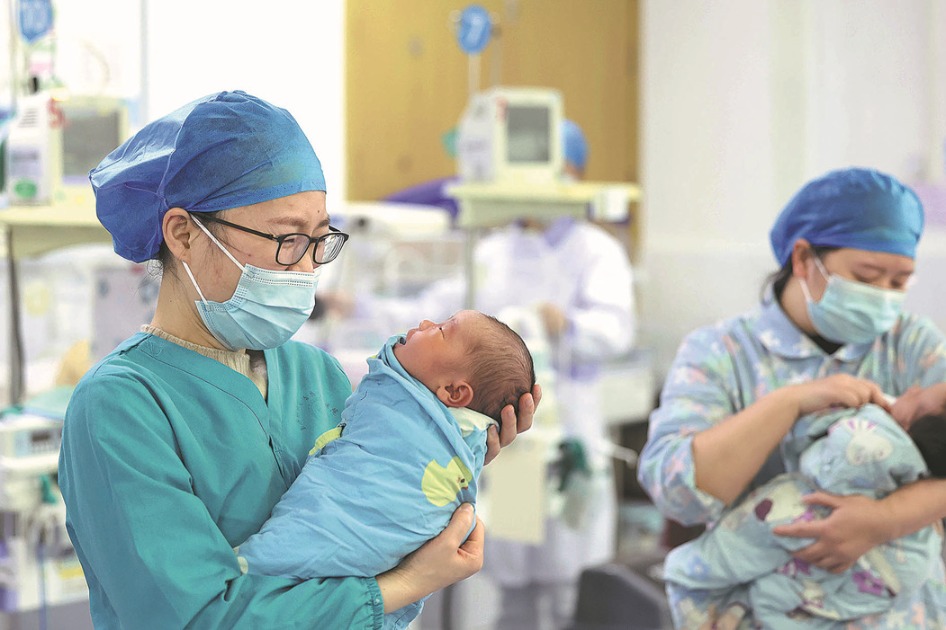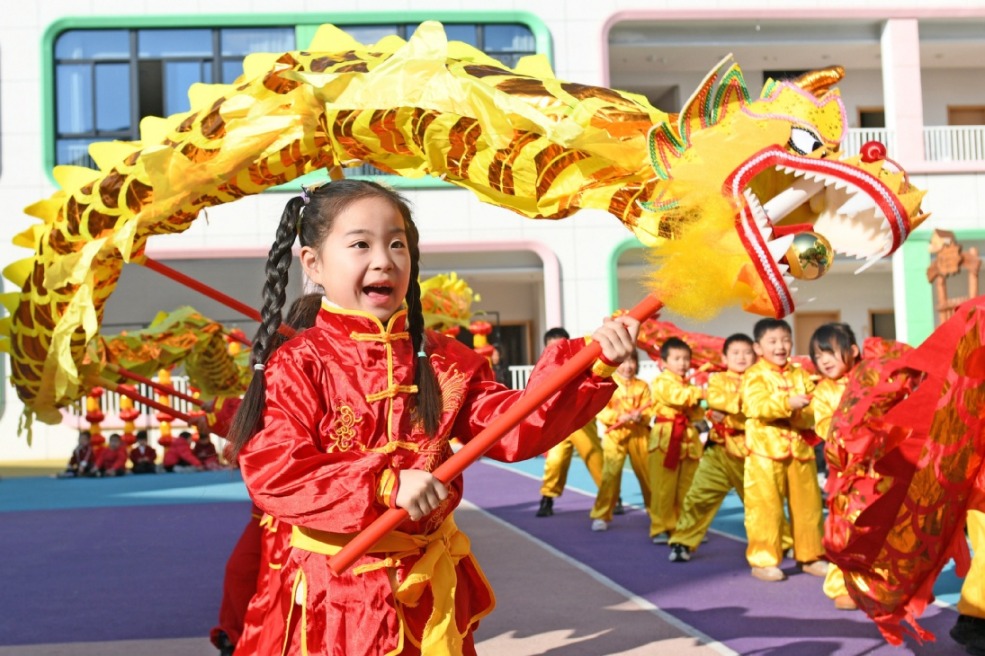The UAE and China: partners in innovation for a brighter future

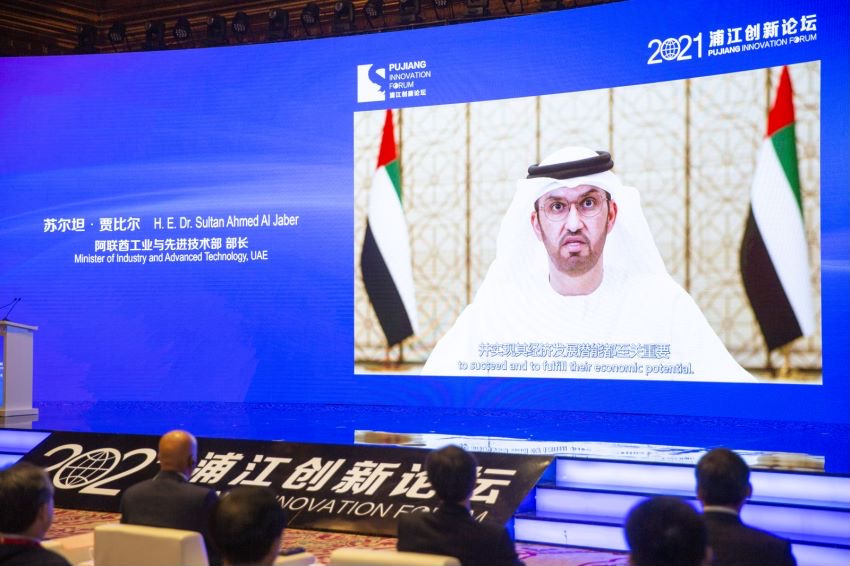
In a world that is evolving at an unprecedented pace, driven by new technologies that continually disrupt the way we live and work, developing a culture that fosters innovation is no longer optional. It is essential for countries, if they are to reach their economic potential in a modern, highly competitive world.
The United Arab Emirates and the People's Republic of China are keenly aware of this new reality and have chosen to collaborate in order to innovate. In so doing, China-UAE relations are fueling progress in both our countries, and globally.
Take for example our recent partnership in response to the COVID-19 pandemic. Vaccines developed in record time in China were deployed at scale across the UAE to achieve the most comprehensive vaccination drive in the world. This partnership led to the creation of a COVID vaccine production facility in the UAE- the first such manufacturing plant in the Arab world that will soon export life-saving vaccines to other countries. In short, our two countries rapid response to a crisis has led to opportunity, enhancing the healthcare and life science sectors of both nations and delivering benefits far beyond our borders.
We are leveraging this same spirit of collaborative innovation to help solve other pressing global challenges, like climate change. In 2017, China and the UAE came together to create the world's largest single site solar power plant, Noor Abu Dhabi. With 3.2 million solar panels installed across 8 square kilometers, Noor Abu Dhabi came on line two years ago and will ultimately produce 1.2 gigawatts of clean electricity. Building on this achievement, our two countries will soon set a new benchmark in the renewable energy space, with the Al Dhafra Solar Project, which will be almost twice the size of Noor Abu Dhabi, and will set a record low tariff of $1.35 cents per kilowatt hour.
What we are seeing is this: regardless of whether it's developing biotechnologies, renewable energy solutions or other sectors enabled by advanced technologies, when our countries collaborate to innovate, costs come down, economic opportunities go up and society benefits. And when you collaborate on the scale that China and the UAE are, the benefits can extend to all corners of the globe.
In the UAE, we have learned that innovation doesn't happen in a vacuum. Innovation thrives when the best minds come together to work on a single problem. This is why we encourage cross-border cooperation, because together we are smarter, more agile, and more resilient. This new era will not be without its fair share of challenges. Pushing the boundaries of innovation requires courage, boldness, and a readiness to fail on the road to success. This can-do spirit, which sees challenges as opportunities, has transformed the UAE's former hydrocarbon economy into a center of excellence for renewable and new forms of energy. The same spirit turned our fishing and pearling villages into world-class logistical hubs and allowed the UAE to send the first probe from the Middle East to Mars.
As we look to the future, the UAE is refocusing its entire industrial strategy around innovation, leveraging the power and potential of breakthrough technologies. We are doing this to reinforce the resilience of our core industries and to expand into knowledge-intensive sectors. With this new direction, there are numerous opportunities for our countries to continue to collaborate and innovate across traditional and emerging industries in creative and commercially viable ways.
In the energy sector, we should explore the potential of zero carbon hydrogen, by matching our know-how with China's growing demand for more energy with less carbon emissions. In pharmaceutical, biotech and healthcare, we should build on our experience with COVID-19 to create new medicines and cutting-edge treatments that can save lives and create valuable biotech businesses. In agri-tech, we should share knowledge to develop seeds that can survive arid conditions and sustainable farming methods that can feed a growing global population while minimizing environmental impacts.
As the UAE cultivates this culture of collaborative innovation, we are prioritizing other critical enablers that include ensuring a reliable pipeline of investment into R&D, setting aside capital for commercialization and setting up supportive policy and legal frameworks. As such, the UAE is re-designing its R&D and commercialization strategy to focus on policies, priorities and coordination, making sure that areas of most promise are incentivized first. At the base of this strategy is encouraging an environment that stimulates cutting edge thinking within our academic institutions that can ultimately translate scientific breakthroughs into commercially viable scale-able industrial solutions. That's why we launched the world's first university dedicated to the pursuit of artificial intelligence, the Mohamed bin Zayed University for AI. In short. we are establishing a more efficient ecosystem to turn ground-breaking ideas into marketable products.
Home to over 200 nationalities, the UAE has always been open to diverse cultures, and this diversity is one of the key ingredients of the UAE's progress. If countries are to fulfil their potential, deepening global partnerships is crucial. By continuing to work together we can reinforce the resilience of our economies, improve and protect the lives of our people, and accelerate global progress. With this objective firmly in mind, we will continue to extend an open invitation to China and the world to join us on this journey of value creation and innovation.
The author is UAE Minister of Industry and Advanced Technology, , MD & GCEO of ADNOC.
The opinions expressed here are those of the writer and do not necessarily represent the views of China Daily and China Daily website.
If you have a specific expertise and would like to contribute to China Daily, please contact us at [email protected], and [email protected].

















